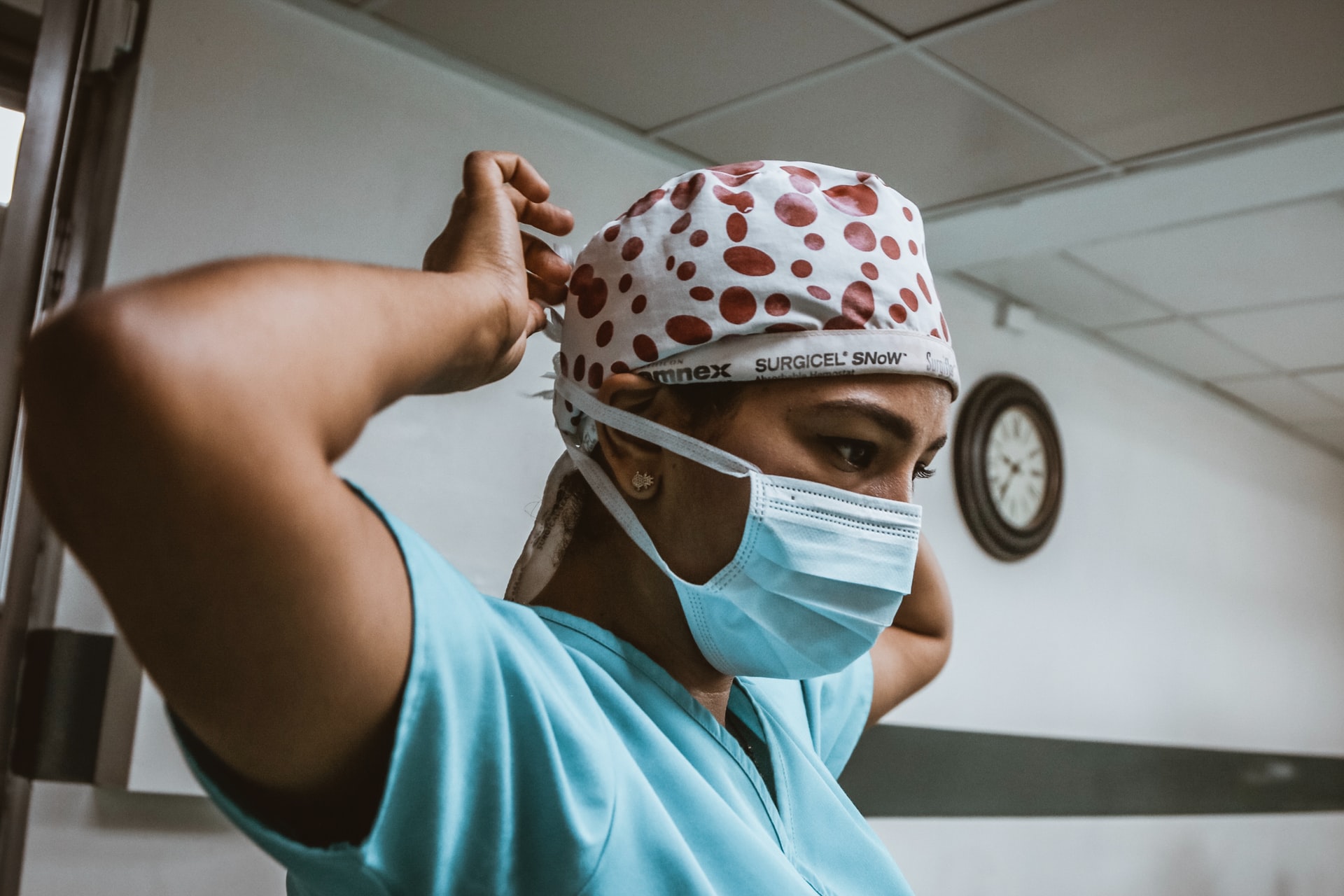US company Moderna has announced that their leading vaccine against COVID-19 is 95 percent effective.
The analysis was based on the first 95 people to develop Covid-19 symptoms in a trial of 30,000 participants in the USA. This vaccine candidate uses a similar technology to the Pfizer/BioNTech vaccine, results from which were announced last week.
The SMC asked experts to comment on the results.
Dr Fran Priddy, Clinical Director Vaccine Alliance Aotearoa New Zealand – Ohu Kaupare Huaketo, comments:
“The Moderna results, showing almost 95% efficacy in a preliminary analysis of interim data, are fantastic news in the fight to end the COVID-19 pandemic. A real shot in the arm! This finding reinforces data from Pfizer/BioNTech last week that we are likely to have highly effective vaccines against COVID-19.
“Both findings demonstrate the potential for mRNA vaccines generally, which were previously unproven. Also both vaccines are using the same antigen from SARS-CoV2, the spike protein, suggesting that is a good approach.
“A couple of important differences in the data are that Moderna reported 11 cases of severe COVID-19 disease in their trial so far which were all in the placebo group. This suggests that mRNA vaccines may prevent not only mild COVID-19 disease, but also more serious cases. We don’t have these details regarding the Pfizer vaccine yet but it’s reasonable to assume it will have the same benefit. Also Moderna reported its vaccine is stable at -4 degrees C for up to 6 months, which is much easier to implement globally than the -70 degrees C currently required for the Pfizer vaccine.
“These data are far from complete. We need to see if the vaccines protect for longer than a few weeks or months and how well they protect in specific ages and subgroups. Even if these vaccines are approved for emergency use, they still need longer follow-up for safety and additional testing in populations such as adolescents, children, pregnant women and the immunocompromised.
“The Sputnik V vaccine uses a different vaccine platform – a combination of two non-replicating adenoviral vectors. Although they reported preliminary efficacy data, it was based on only 20 cases of COVID-19, compared to 94 and 95 cases for Pfizer/BioNTech and Moderna respectively, so it is difficult to draw any accurate conclusions yet.”
Conflict of interest statement: Dr Priddy is Clinical Director of the Government-funded Vaccine Alliance Aotearoa New Zealand – Ohu Kaupare Huaketo, a partnership between the Malaghan Institute, the University of Otago and Victoria University of Wellington.
Dr Jin Russell, Developmental Paediatrician, Starship Children’s Hospital and PhD Student, School of Population Health, University of Auckland, comments:
“Within the space of a week, the world has two promising coronavirus vaccine candidates. This morning, Moderna announced that preliminary data from the phase 3 trial of its coronavirus vaccine suggests that the vaccine is over 94% effective in preventing COVID-19.
“This is thrilling news. The speed of scientific progress to curb the pandemic is extraordinary and unprecedented in vaccine development. Although there are still many uncertainties, such as the duration of immune protection from the vaccine, there is reason to be optimistic.
“Unlike Pfizer/BioNTech’s mRNA vaccine, which requires super-cold storage at minus 70 degrees celsius, Moderna’s vaccine requires a relatively balmy minus 20 degrees celsius for long-term storage and is stable for up to 30 days at ordinary refrigerator temperatures.
“Moderna has also announced that 42% of phase 3 participants were at high risk of severe disease due to medical conditions or older age. The full trial data are awaited. Further evidence that high risk groups are protected would be incredibly good news.
“As a paediatrician, I am very glad to hear that Moderna has plans to trial the vaccine in adolescents, followed by children under the age of 12. This is an important group to include in any vaccination programme, especially given the nature of multigenerational households within Aotearoa New Zealand and mixing of age groups in our larger social bubbles.
“There are 12 vaccines in phase 3 trials, and many more in earlier stages of testing. Other vaccines in phase 3 trials are employing more traditional methods of creating vaccines such as the use of inactivated virus.
“I am pleased that the successful Covid-19 strategy in Aotearoa means that we are not pushed to rush vaccines through before all safety data is in place, as has been tempting for harder hit countries overseas where there is ongoing risk of hospital overwhelm. A successful vaccine programme is going to take a lot of work, and maintaining high levels of public trust is key.
“Previous comments from some quarters that to hope for a COVID-19 vaccine is a “fantasy” are not ageing well.”
No conflict of interest.
